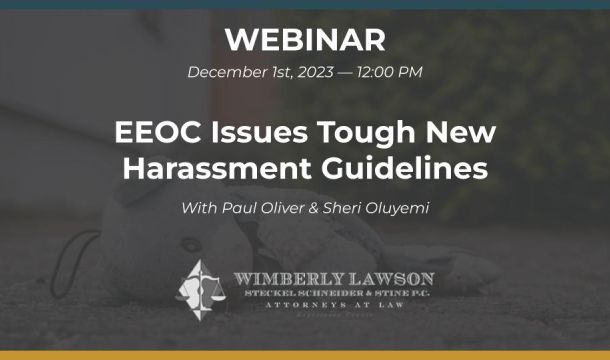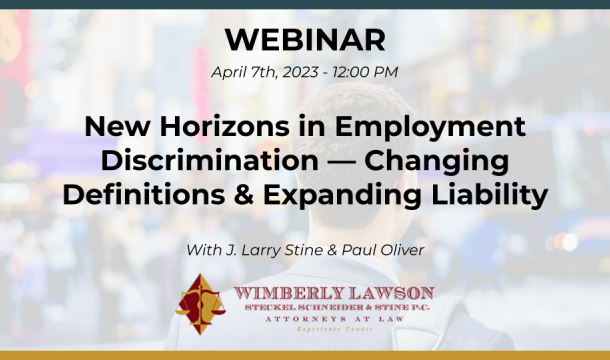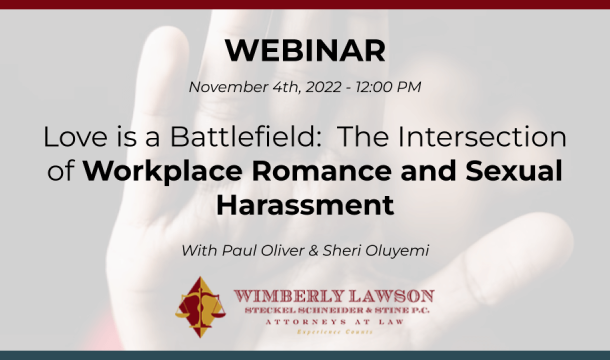Supreme Court Restricts Retaliation Claims
In University of Texas Southwestern Medical Center v. Nassar, Case No. 12-484, the U.S. Supreme Court clarified the causation standard for retaliation cases that are brought under Title VII if the Civil Rights Act of 1964. Specifically, the Supreme Court held that Title VII retaliation claims must be proved according to the principles of "but-for" causation, and not by the "mixed motive" causation principles that apply to Title VII discrimination claims.
In other words, in order to prevail on a claim for retaliation under Title VII, a plaintiff must prove that the challenged employment action would not have happened but for the employer’s desire to retaliate against the employee for engaging in a protected activity (such as complaining about alleged harassment in the workplace). In contrast, in a Title VII case where an employee claims to have been the victim of discrimination on the basis of race, color, religion, sex, or national origin, the employee only needs to prove that the motive to discriminate was a motivating factor in the challenged employment action.
It is interesting to note that in its decision, the Court’s majority opinion stated that claims of retaliation are being made with ever increasing significance, and that the number of retaliation charges filed with the EEOC have nearly doubled in the past fifteen (15) years. The Court also expressed its concern that a lessening of the standard of liability in retaliation cases could result in the filing of frivolous claims, “which would siphon resources from efforts by employer[s], administrative agencies, and courts to combat workplace harassment.” The Court even acknowledged that there are situations where a poorly performing employee may make an unfounded complaint of discrimination and use that unfounded complaint as a means to complain about retaliation when he or she is subsequently terminated. In short, this is a pro-employer decision by this current Supreme Court clearly intended to limit retaliation claims.
Practical Implications: As a general rule, retaliation claims are extremely challenging to defend because it is difficult to convince a court to dismiss such a claim at the summary judgment stage if there is a only short time period between an employee’s protected activity and subsequent employment action, such as a discharge, even in the absence of any evidence of retaliatory intent. Thus, it is important to document employee performance problems and utilize progressive discipline procedures or performance improvement plans to demonstrate that a decision to terminate an employee is justified and inevitable where improvement fails to occur.
For questions or additional information call Rhonda Klein, Kathleen Jennings, Paul Oliver, or any other attorney at (404) 365-0900 or at rlk@wimlaw.com, kjj@wimlaw.com, or po@wimlaw.com.
Related Content
Get Email Updates
Recent Content

NLRB to Seek Rescission of past Discipline Imposed under Overbroad Employer Work Rules

Do Drive Cam Cameras inside Trucks Violate Employee Rights?

Amazon Considers Risk When Investigating Employee Misconduct

Latest NLRB Attack Goes beyond Non-Compete Agreements to Reach Outside Employment

NLRB Board Addresses BLM Insignia at Work




